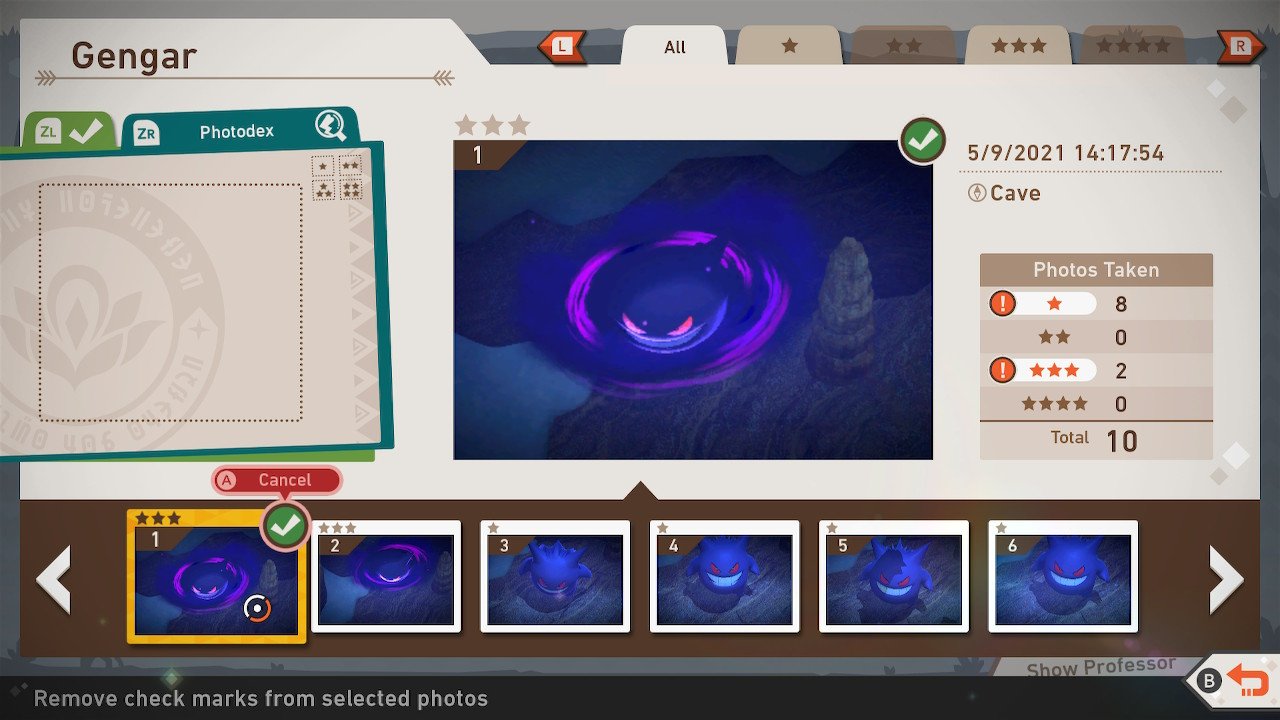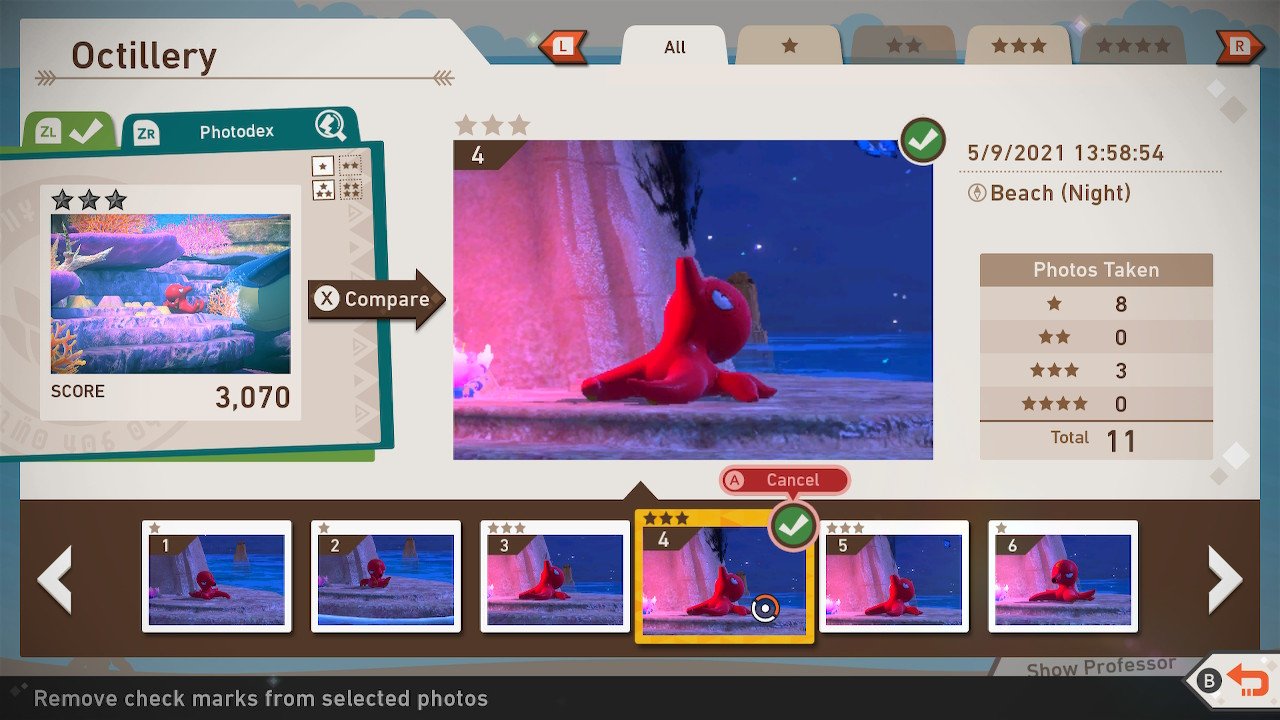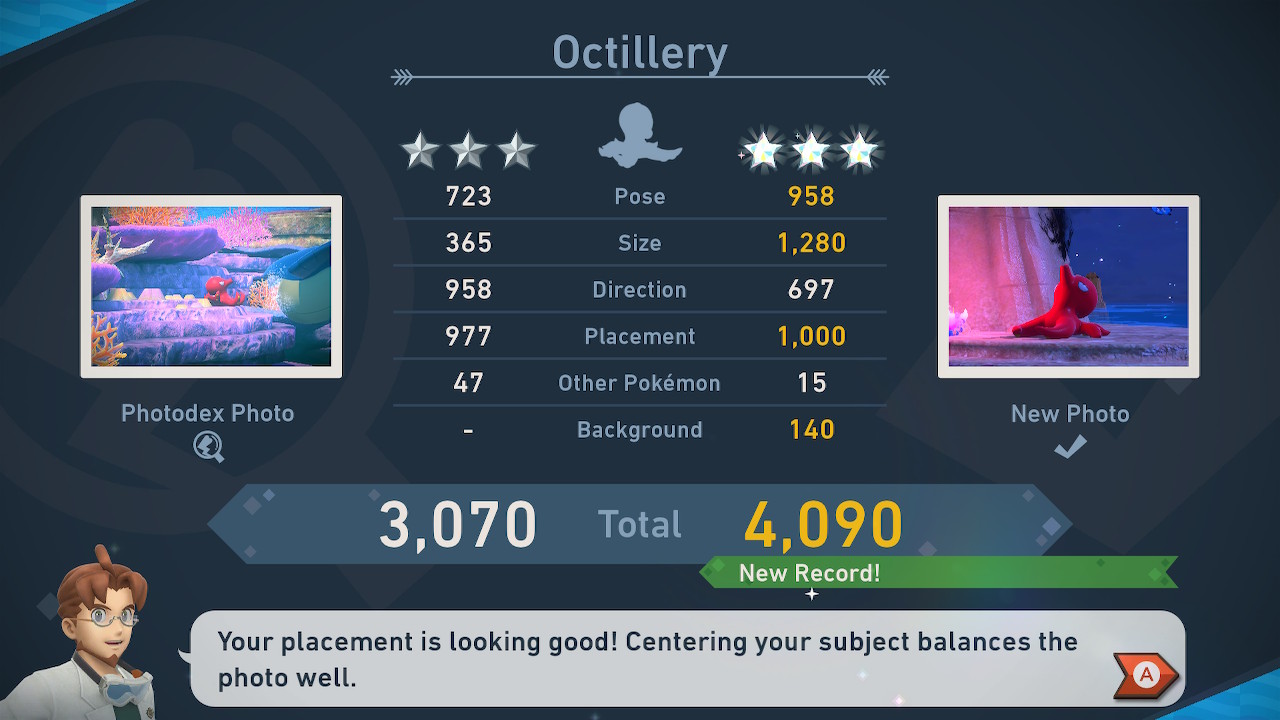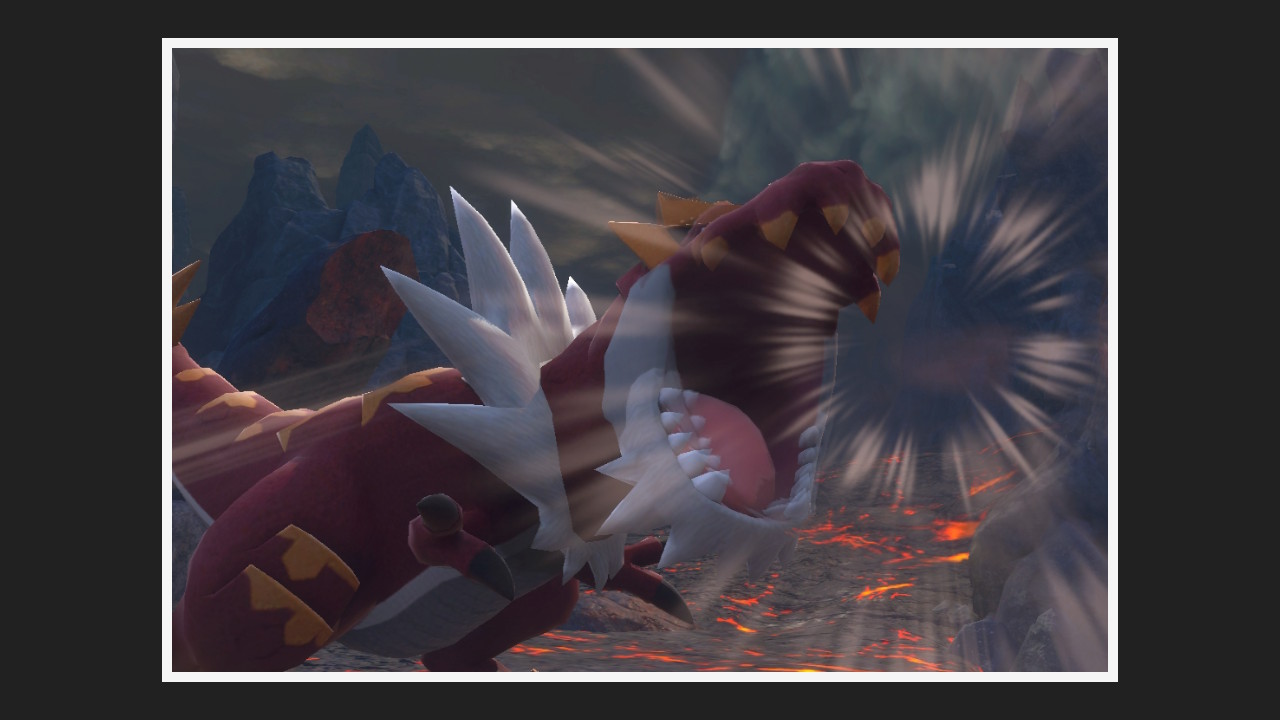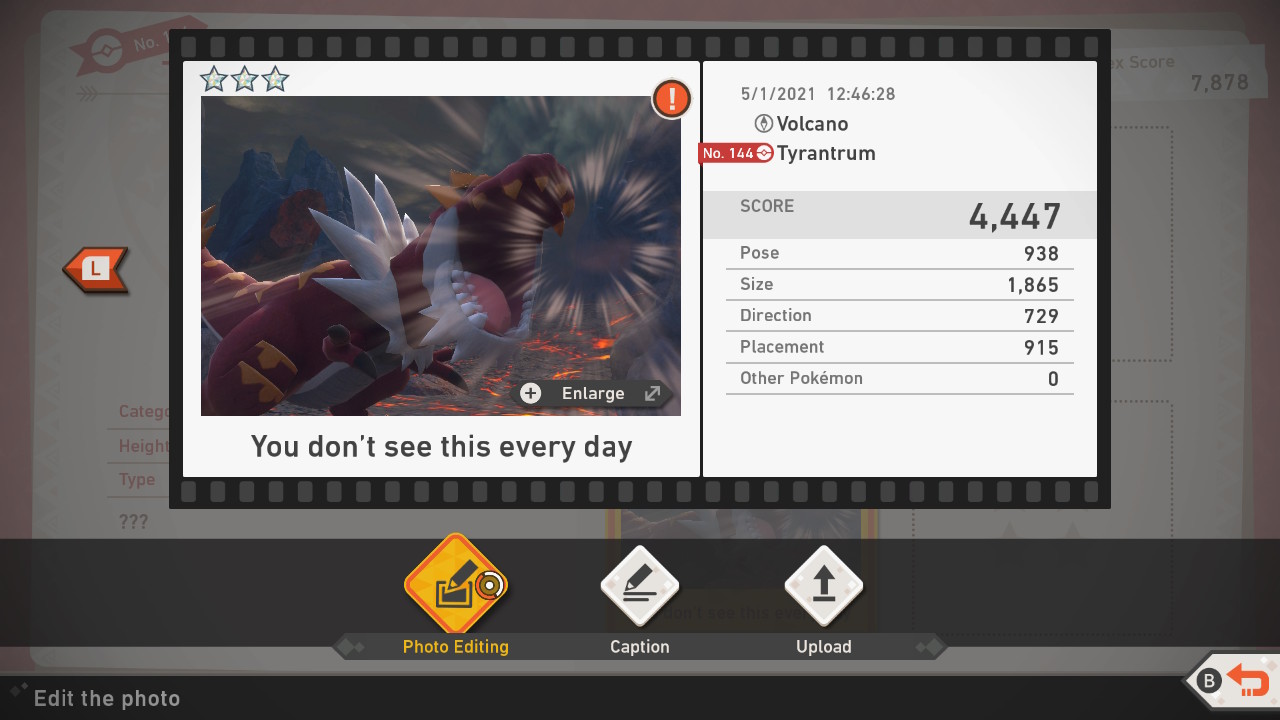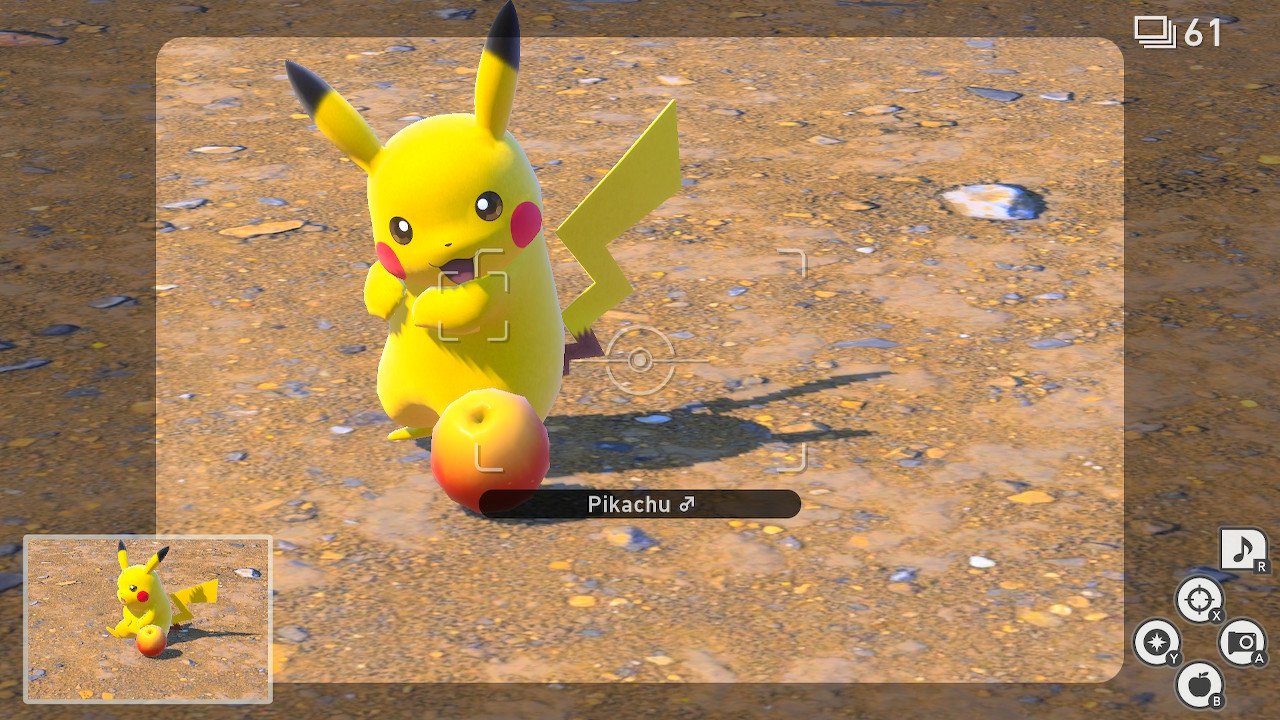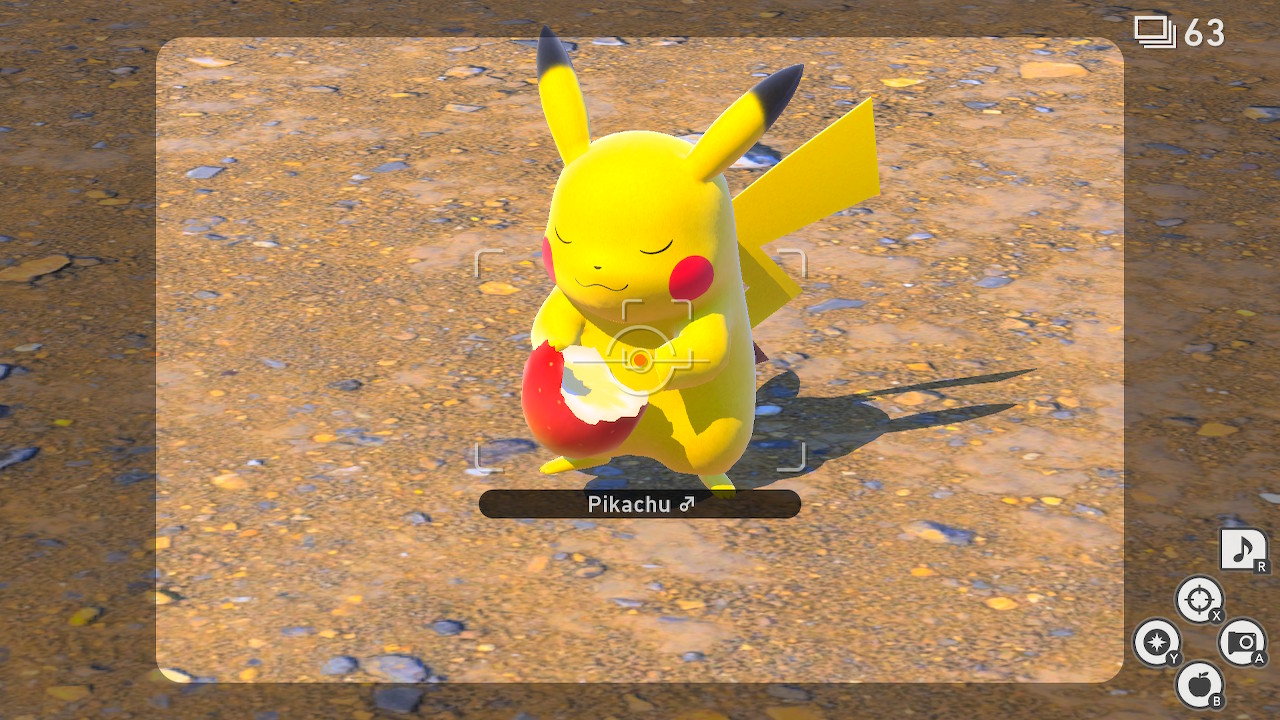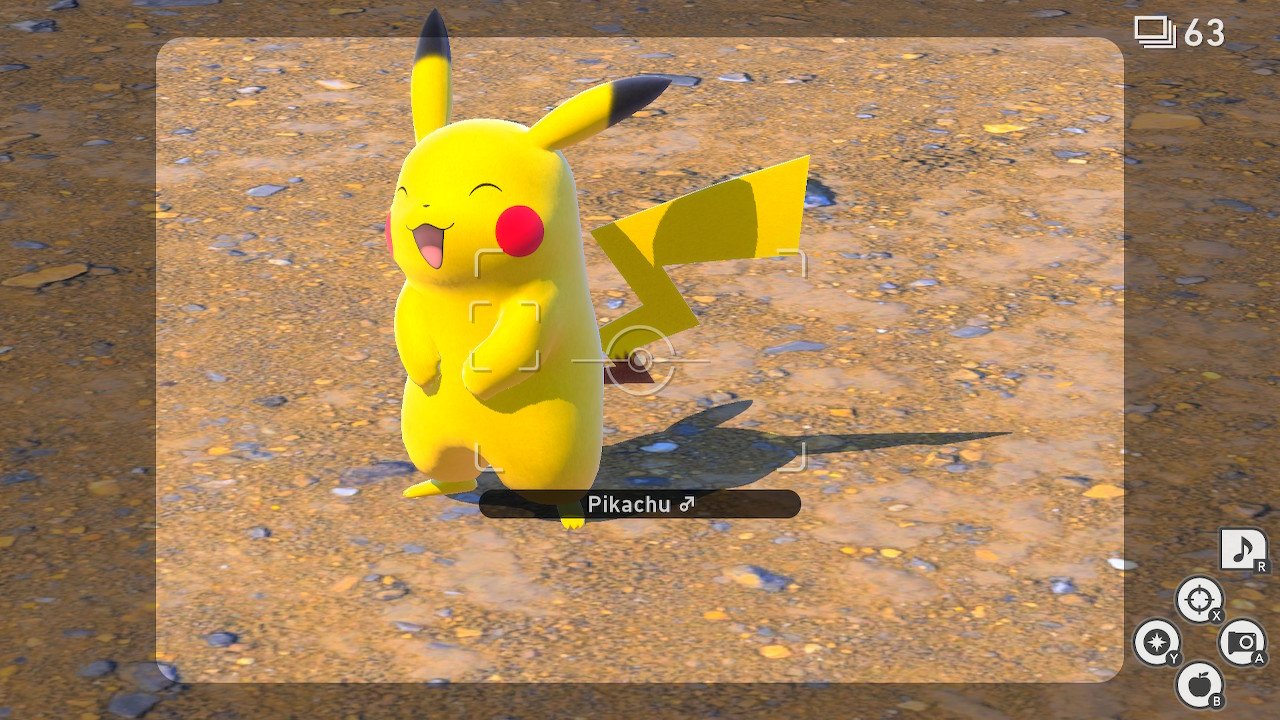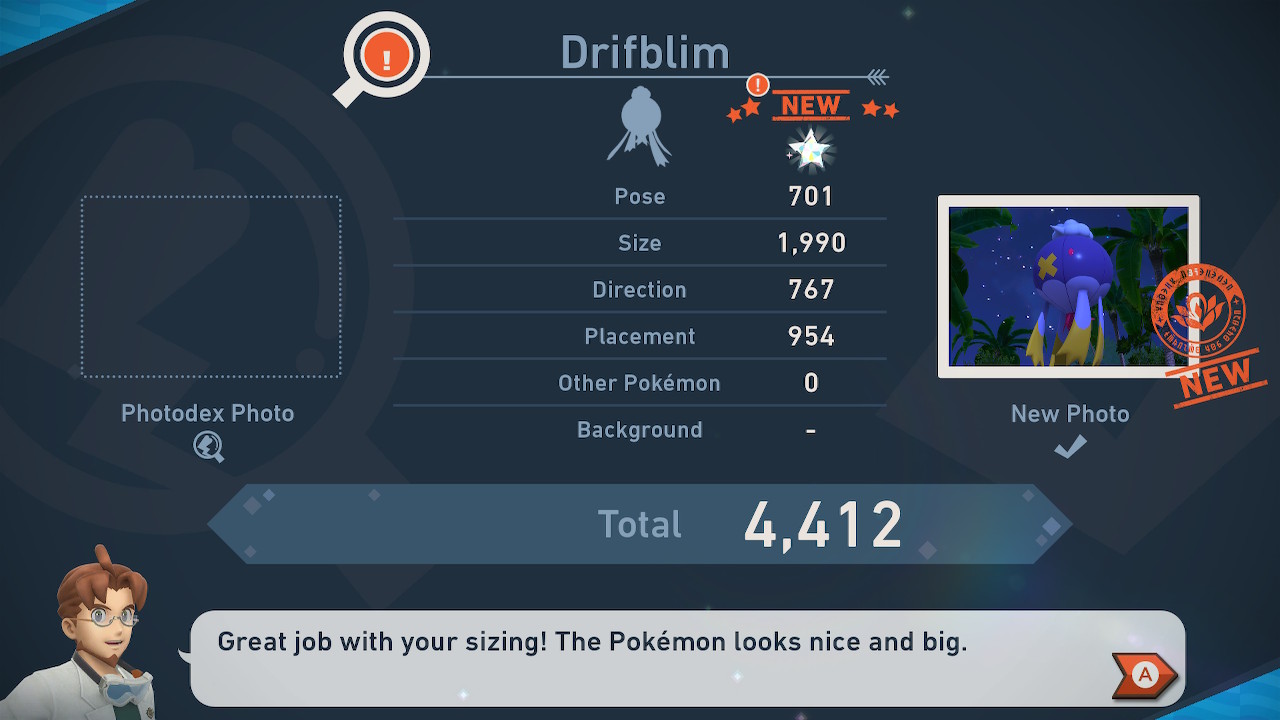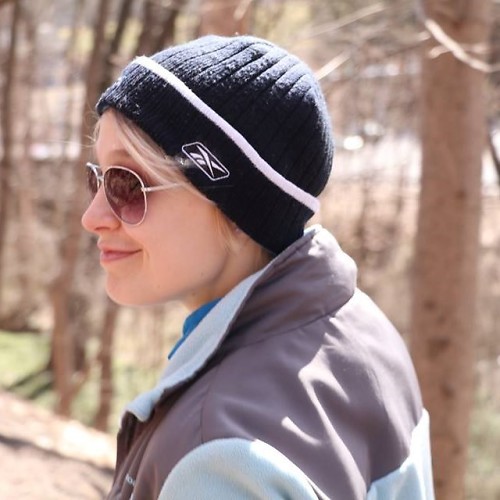New Pokémon Snap: Tips for taking the best pictures
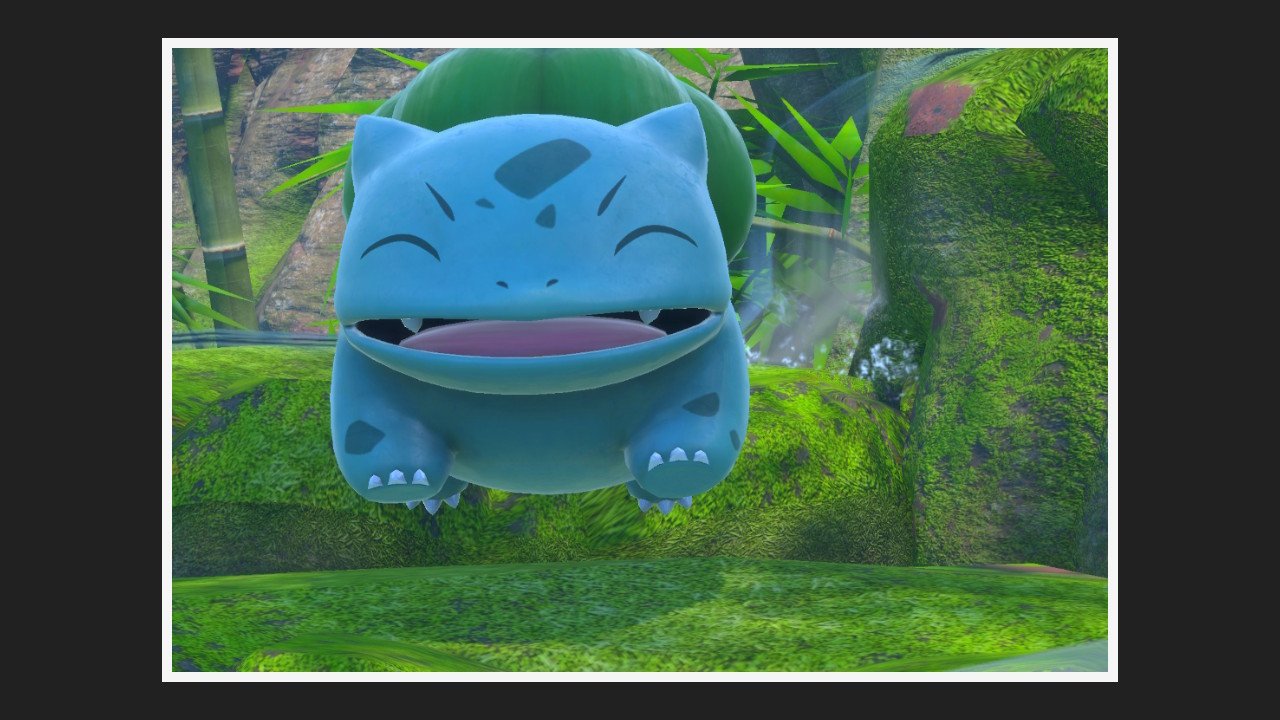
There are few activities more chill than taking photos. In a game that's all about taking photos, it makes sense that getting the perfect shot is a key objective in New Pokémon Snap. It's definitely one of the more chill games on the Nintendo Switch.
Still, there's more to getting a great photo than pointing your camera and clicking. If you want to know how New Pokémon Snap grades you on your photos, we've got you covered. Here's a quick guide on how to get the best pictures possible in New Pokémon Snap so you can earn those Sweet! Medals or get that high score.
Perfecting your Photodex
Let's start with what you need to do for the actual game. The main objective is to capture shots of the over 200 Pokémon in the Lental region for Professor Mirror. His research focuses on the natural behavior of Pokémon. You might think your perfectly amazing shot of an Eevee is going to earn high praise, but the opposite might be true. So, what does the professor want?
An interesting point system
Quite simply, the Professor just wants you to capture pictures of Pokémon being Pokémon. Your shots can earn 1-4 star ratings, but the rank isn't based on how good your photo is. The main goal of your expedition is to capture different types of Pokémon behavior, from something basic like an Exeggutor sleeping to something out of the ordinary, like a Squirtle riding a Lapras. It also means you can get four stars for a random Bidoof butt as long as it's a rare behavior.
That doesn't mean Professor Mirror doesn't want better photos. Your star rating for each behavior can rank from gold to diamond. To earn more prestigious stars, you have to aim for a higher numerical score. There's a whole scoring system to get the most out of shots. Of course, you want to make those stars sparkle like diamonds, and it's a bit more complicated than "take better shots." So, here are few things you can do to fill out all of those categories.
Seeing Stars: Getting to know the categories
Source: iMore
Shots are graded using the following categories: Pose, Size, Direction, Placement, Other Pokémon, and Background. You can score high in each of these categories using timing, strategic camera placing, and of course, a little luck. Here's how to get those scores up.
iMore offers spot-on advice and guidance from our team of experts, with decades of Apple device experience to lean on. Learn more with iMore!
Pose: Make sure the Pokémon is active; smiling, moving, eating, or just doing something. The better the action, the more points. Utilize your tools, like Fluffruit or the scan, to get some reaction out of the Pokémon. Note that the higher your course level, the better chance you have of interacting more closely with the Pokémon. Familiarity and tools go a long way.
Size: The professor likes things close. To max out your points, get as much of the Pokémon in the frame as possible without cutting it out. This may mean not zooming in on larger Pokémon.
Direction: If the Pokémon is looking directly at the camera, you will easily score high here. You can get them to react by performing a scan or lure them in with a fluffruit.
Placement: This one is self explanatory. Try to get the Pokémon front and center in the shot.
Other Pokémon: There are plenty of opportunities to get multiple Pokémon in the shot, and it doesn't have to be the same Pokémon! Any Pokémon will do as it gives the professor greater insight on their behavior.
Background: The professor may not be an artist, but he loves a good backdrop. You can get extra points for capturing that beautiful habitat as well as the Pokémon.
So now that we know what we want to score for. Here's a few ways you can go about maxing out that score.
Picture perfect opportunities on the course
Source: iMore
If you want to earn some better shots, you can do a few simple things to get more perfect photo opportunities.
Get familiar with courses
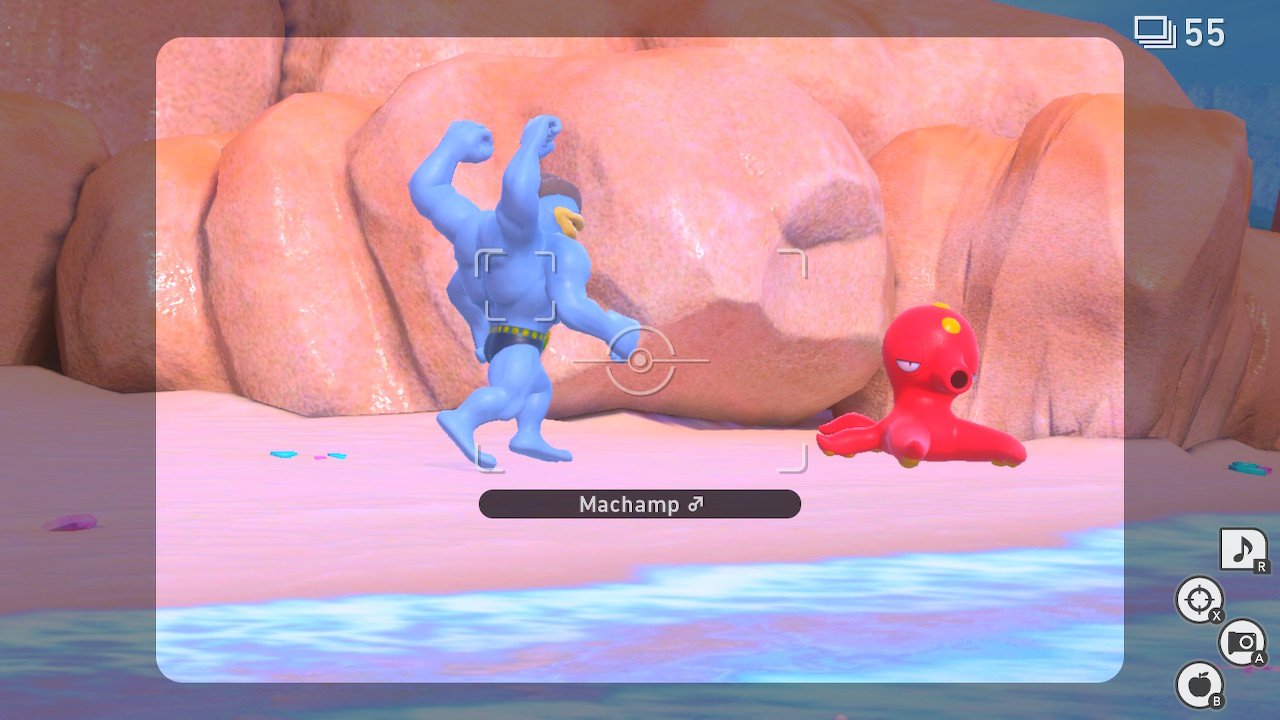
A good way to capture great shots is to get to know the courses. While each course and course level has a different layout and Pokémon, each return trip will be similar. Each time you revisit a course, the Pokémon will perform the same actions unless you interfere. This can make it easy to retread the same spot for a better photo opportunity now that you know what to expect.
Revisiting the courses at different levels can make it easier to spot where Pokémon are hiding, monitor their actions and behavior, and get that timing just right. Also, after you get the thrusters, you can speed along to get different angles.
Plus, as you uncover different paths and level up, you can get more opportunities to get up close and personal with the different Pokémon. As you familiarize yourself with each course, you can pinpoint the best photo opportunities and capitalize on them.
Watch for different reactions
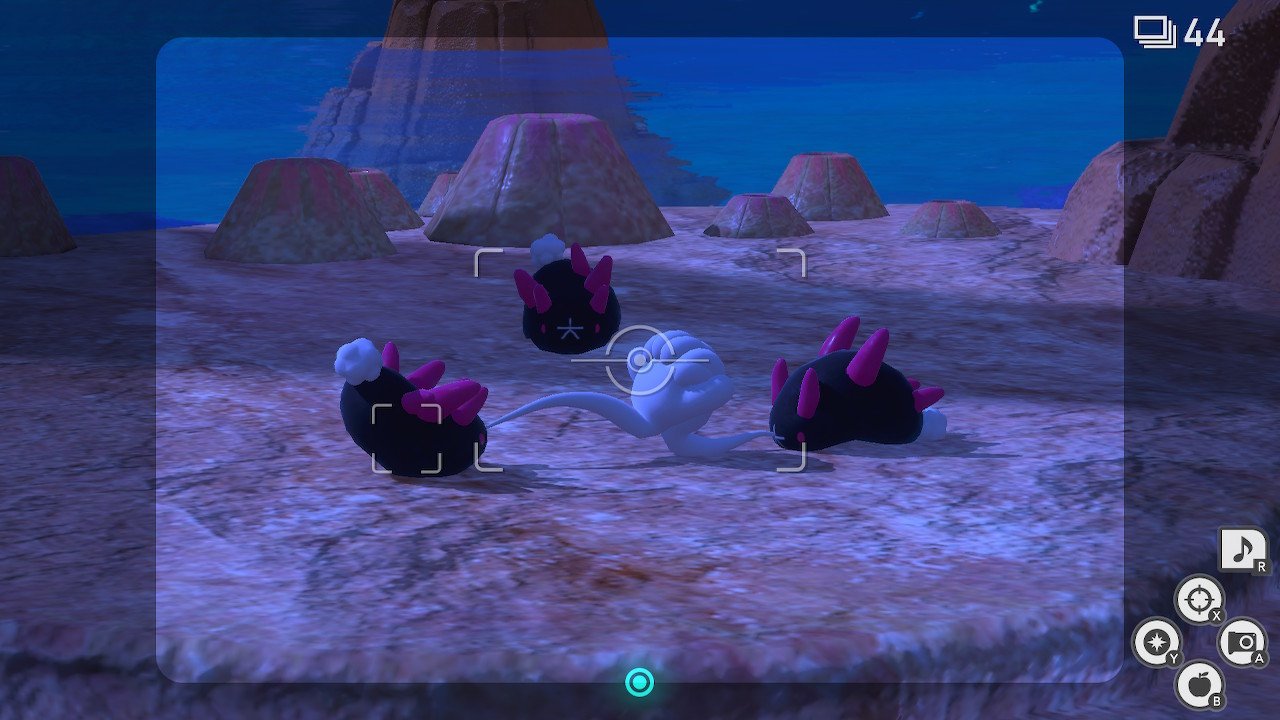
After hitting up each course a few times, you might notice different reactions from the Pokémon in every course. Keep your eyes peeled for different behaviors because you may just stumble upon something rare. Sometimes it will be right in front of you, while others, you may have to dig a little deeper.
Pay attention to lone Pokémon, unusual Pokémon pairings, and changes in the course between levels. Something is about to happen, and you want to keep your trigger finger ready. Again, this is where knowing the course can really help you out.
Create your own behavior: Using items
Source: iMore
Sometimes you have to create your perfect moment, and your tools are there to help you out. At the very least, feeding a Pokémon some Fluffruit can earn you a two-star photo. Items are great for getting Pokémon to react and really come out of their shell. But, keep in mind, not every Pokémon is going to react to an item.
Fluffruit: These items are great for getting up close and personal with Pokémon. You can lead them in or get them to look at you. You can also get Pokémon to emerge from their hiding spots or lead them to a different area for a rare behavior. However, if a Pokémon isn't hungry, it won't go for the fruit, but you can always hit them with it to get a reaction. No one said they had to eat the fruit!
Scan: This item is great for getting Pokémon to react or look directly at you. You can also use it to map out sections of the course and see which Pokémon reside there.
Illumina orbs: These are great for better lighting, especially when taking shots at night. You can create some interesting reactions if you throw one a Crystabloom with a Pokémon nearby. You can also get a good reaction if you throw them directly at a few Pokémon, but like the Fluffruit, this strategy could be hit or miss.
Melody: If the Pokémon around aren't reacting to anything, try playing a tune to get some rare behaviors. I'll spam a tune if I get a reaction and get as many shots as I can. You only need one great one.
Turbo: Once unlocked, this feature is ideal for getting you in front of Pokémon for the best angle. It's also great for powering through a course to get a specific shot.
Take ALL the photos
Keep in mind, as you go through a course, it's a good idea to take as many photos as you can. Even if your shot may not be as good, show them to Professor Mirror for the points. You never know how he may score a photo, and your latest snapshot may be the best yet.
Showing off your photograph skills
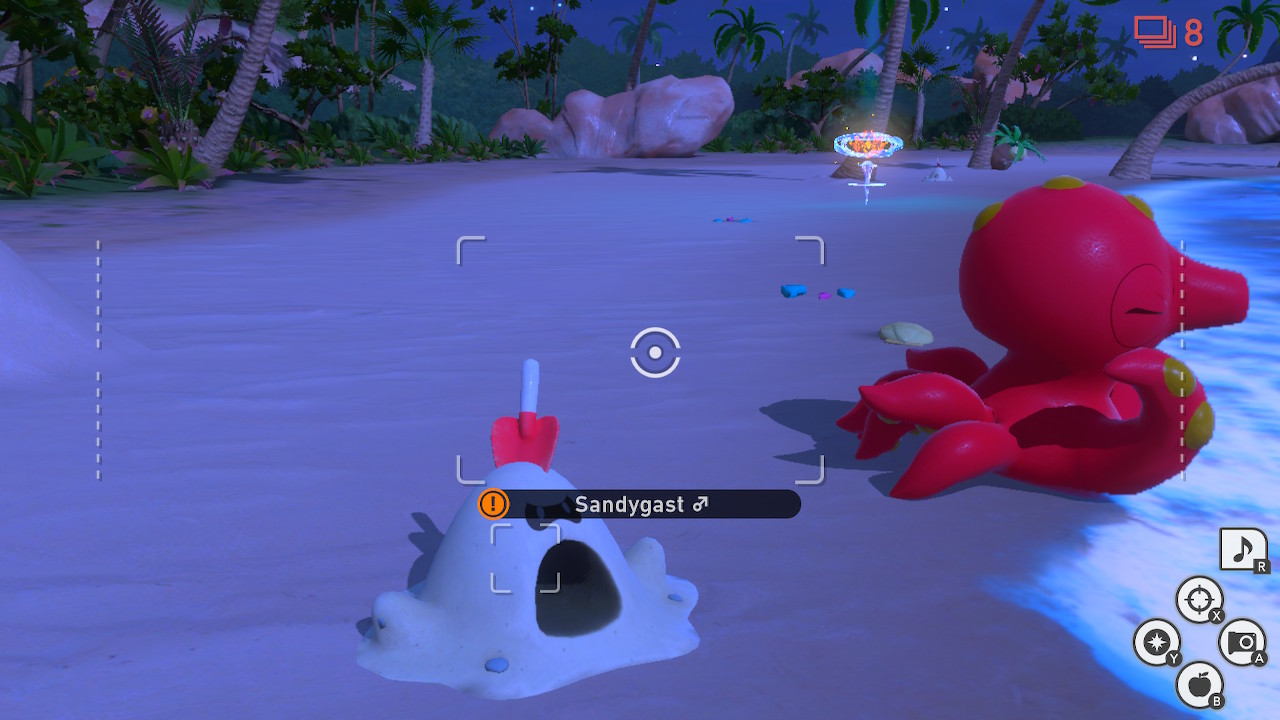
Beating the game is fun and all, but sometimes you want to take some good photos. Forget what Professor Mirror wants and take some photos of your own. Don't forget, you can save images without having them sent to the professor.
For the best shots, try to capture some funny or unique Pokémon. Use the rule of thirds, utilize the background, and don't let the Pokémon take up 50% of the frame. The best shareable shots can be anything from a funny reaction to an easily editable Bidoof. You can get these shots by using any of the tips above. Seize the moment and snap all you can. Plus, you can really add some extra fun by doing some details by unlocking backgrounds, stickers and fine-tuning your shots using the re-snap feature.
You can also select a few photos to show off to the community if you have a Nintendo Switch Online subscription. The professor might even share a few of his favorite shots, too.
Gotta snap'em all
That's all there is to it. Getting the perfect shot is all about patience, timing, and knowing how to use the tools given to you. The more you explore, the more familiar each course will become, and you can uncover all the secrets to snag the best shots. Have a tip for getting the best shots? Let us know in the comments below.
Sara is the Freelance Coordinator, writer, and editor at iMore. When not editing or writing away, she's glued to her Nintendo Switch, Xbox, or PS5, though she's a retro gamer at heart.
